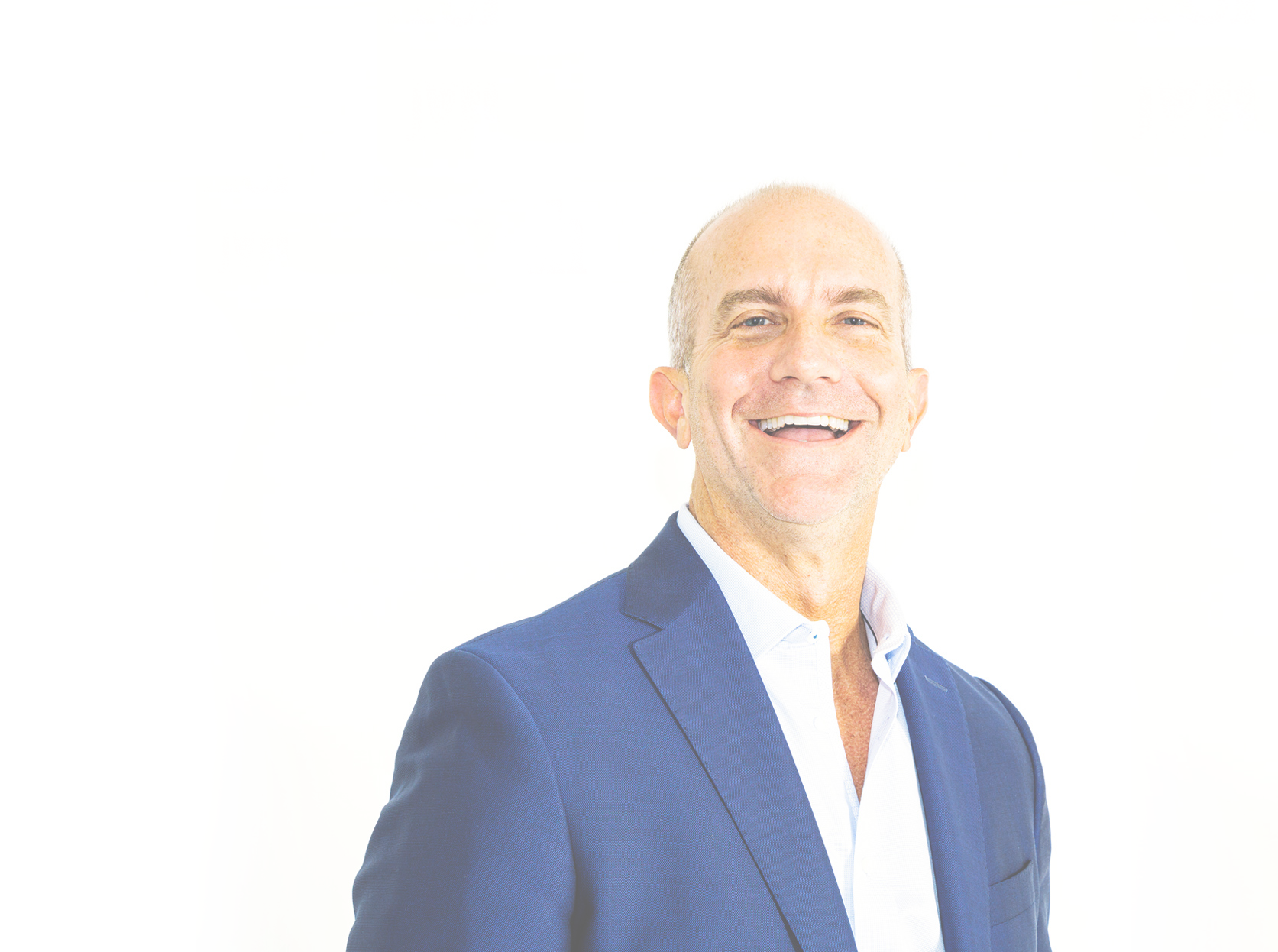
THERAPIST
Kevin Gilliland, Psy.D., is a licensed clinical psychologist and has experience in outpatient counseling services working with people struggling with mental health, substance abuse, and relationship issues. Over the past three decades, Kevin has mentored countless individuals and couples, participated in research trials, and lectured across the country. He currently teaches in the Counseling Department at Southern Methodist University and Dallas Theological Seminary in Dallas where he instructs graduate students.
For individuals, law firms and judges, and companies, Dr. Gilliland has been a trusted resource for unbiased input for people or organizations looking to develop material specific to psychological issues or strategies. His subject matter expertise provides the background for in-depth analysis of complex issues
consultant
SPEAKER
From high school students to global employees of Viacom/CBS, Dr. Gilliland has an ability to translate psychological issues for a broad range of listeners. He has done that on radio, podcasts, TV, his podcast (Struggle Well. Live Well. Worry Less.), his book (Struggle Well Live Well: 60 Ways to Navigate Life’s Good, Bad, and In-Between), and in countless presentations for professional organizations and companies.
we think too narrow
about what is good for
our mental health.

A NOTE FROM DR. KEVIN GILLILAND
When I work with people in counseling or therapy, it’s always been important to me that we clearly identify the problem because that determines our options. “Diagnosis determines treatment” is how graduate students have heard me say that for the past three decades. I know it sounds pretty simple, but it can be challenging because we're usually talking about emotions or thoughts or relationships. Getting that part right usually means that we begin to see options for helping improve symptoms as well as functioning better in the really important areas of life.
When I function and work with people in a consulting capacity, it tends to be what they refer to as a “subject matter expert”. I think it's a nice way of saying you've gotten old and you have a lot of experience in these different areas. I tend to get these requests from the media, law firms, or companies looking to develop material specific to psychological issues or subjects. That work has led to designing interventions for patients, developing educational topics for employees or senior level management, and diagnosing complex and difficult situations.
When working with individuals in an executive coaching role, the approach is more broad based and covers key areas of performance including work, family, physical and psychological health. This work is more about solving smaller problems in one or more of those areas and maintaining a high level of performance. It also involves developing a strategy to increase performance and actually enjoy the journey. It's about becoming the best version of yourself across multiple areas that are key to our physical, psychological, and spiritual health.